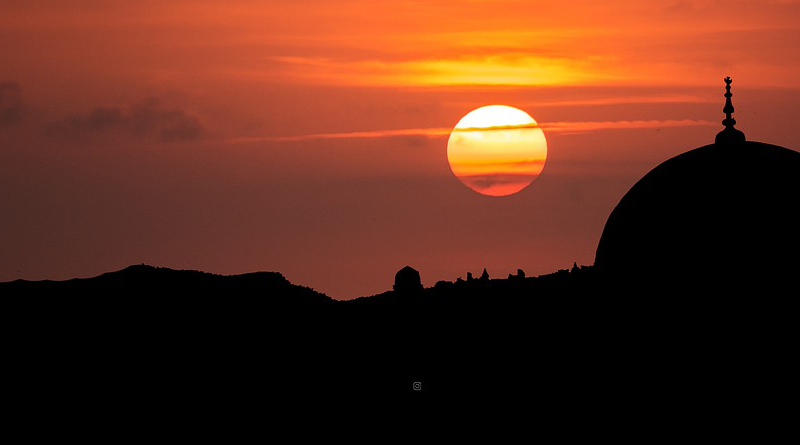Religious Politics In Pakistan – OpEd
In Pakistan, there are two basic types of parties i.e. conventional and religious. Conventional parties, such as Pakistan Muslim League-N (PMLN), Pakistan Tehreek-e-Insaf (PTI), and Pakistan People’s Party (PPP,) represent themselves also as the followers of Islam, if they don’t do so, they are not aligning themselves with the public interest. For winning elections, every party has to play its card of religion.
As far as the religious parties are concerned they are divided into different Maslaks and they represent themselves as the interpreters of these Maslaks i.e. Sunni, Shia, Wahabi, etc. According to them, Islam Is diversified and they are the ones representing this diversity. As per their stances, they are the true custodians of Islam and the one who doesn’t follows their particular Maslak, is not religious and he/she is out of the Islamic circle. The leadership of these parties who are often mullahs, ulemas, and peers, hold a lot of support that many people follow and listen to them, Their Islamic interpretations can reach people easily, Any stance they have given is the final verdict according to them.
People of Khyber Pakhtunkhwa (KPK) and Baluchistan were more vulnerable to this religious segregation because most of the people there were not that literate in the past, and because of the blind trust in the Maslak’s leadership, they lost their thinking power. People are afraid to question the Maslak leadership because they are afraid of the fact that if any one of them poses a logical question to this leadership and if the leadership can’t answer them, the asker would be considered as sectarian as he has challenged the leader. People in this region have only one thing in common which is Islam. If someone tries to take this away from them they would the possess nothing.
Mass mobilization entered this country in the 1970s. If any authority tries to question these denominational parties, they gather in huge masses to protest against the authorities which creates chaos in the country. For example, The Khatam e Nabuwat Movement was started to target the Ahmadis. These Religious parties gather a huge chunk of support from NGOs, Madrassahs, and also many militant organizations, such as TTP. The religious parties are usually issue-oriented. when they want to come into the public eye, they raise any issue in society. For example, in 2020 TLP leaders clashed with the state over the court’s release of Asia Bibi who was charged with blasphemy. But it’s hard to see any of the parties coming into the public eyes when the people of this country are worried due to the inflation, any sort of incident happens in which people lose their lives or the parliament is passing any law which couldn’t be proved beneficial for the people.
The Jamat e Ulama e Hind formed in 1919, was the first party representing the Deobandi sect which modernized itself and entered the political landscape. History has never witnessed any religious party forming the government as a majority. They usually form coalitions and enter the parliament by signing a series of deals of negotiations with the majority holders. This represents that every Pakistani may represent himself as an Islamic follower but he can never trust these Islamic parties to come into power and ideologically marginalize the society to their extremes.
Even if the state tries to stop this religious disintegration, the state becomes secular according to the religious parties. Whenever the state tries to bring all the denominations on one page, either they release their FATWAS or gather to protest against the state. These parties still have a huge impact on Pakistan’s political grounds irrespective of the fact they can still not win the elections by taking up the majority seats. There is a need to align religious studies and political studies together to understand that in this country people has become modern by achieving secular mindsets — but still these Islamic parties have a lot of influence in their lives. People need to understand that religion is a personal matter for everyone.
Allama Iqbal Said
Masjid To Bana Di Shab Bhar Mein Iman Ki Hararat Walon Ne
Mann Apna Purana Papi Hai, Barsoun Mein Namazi Ban Na Saka
Though the mosque was built overnight by the believers
Our hearts being old sinners for years devout could not be

